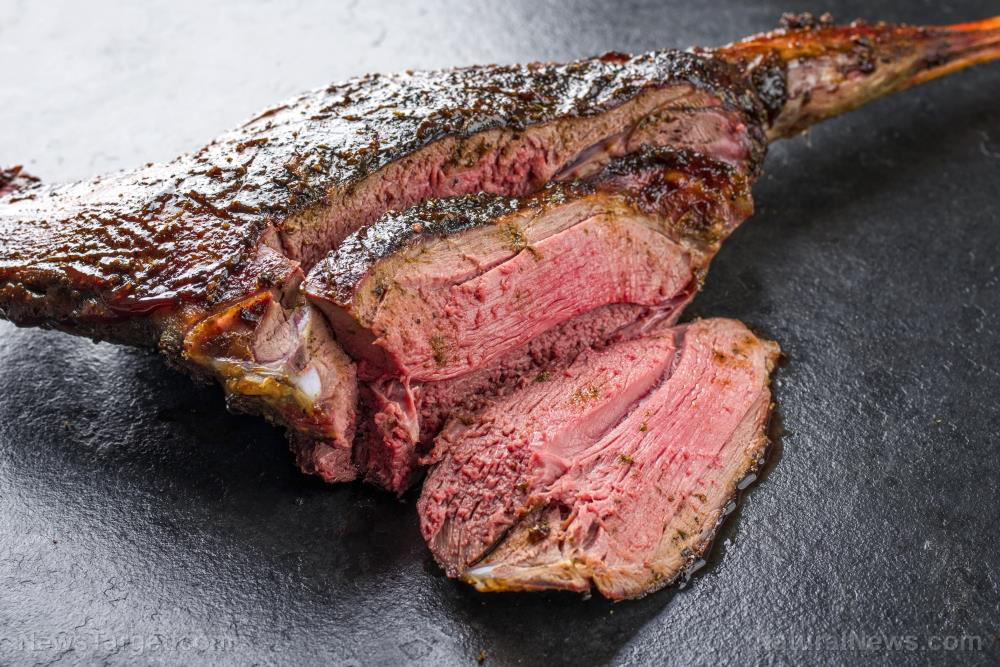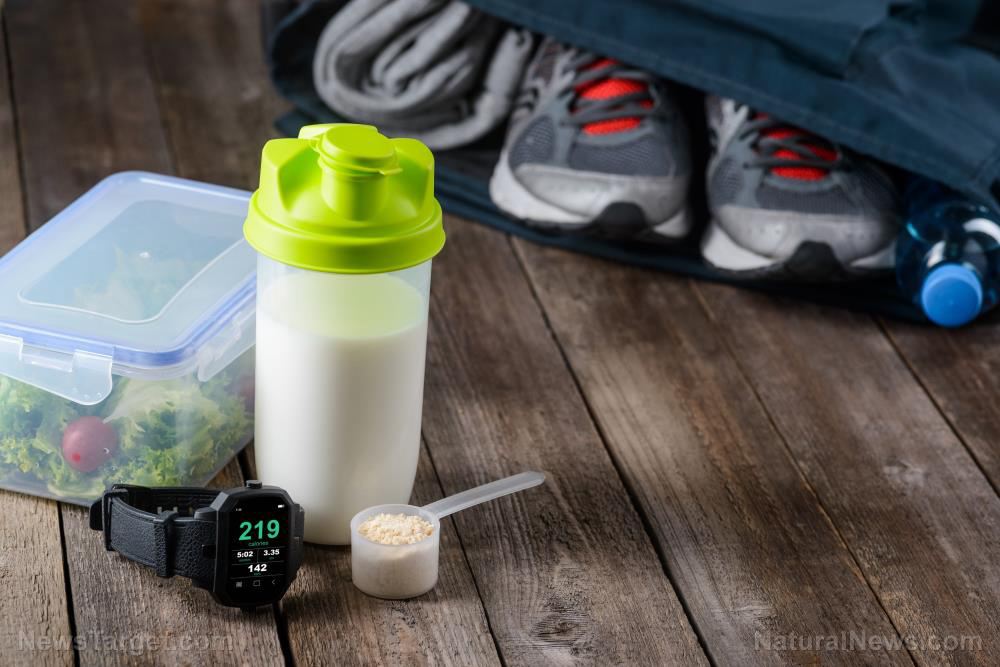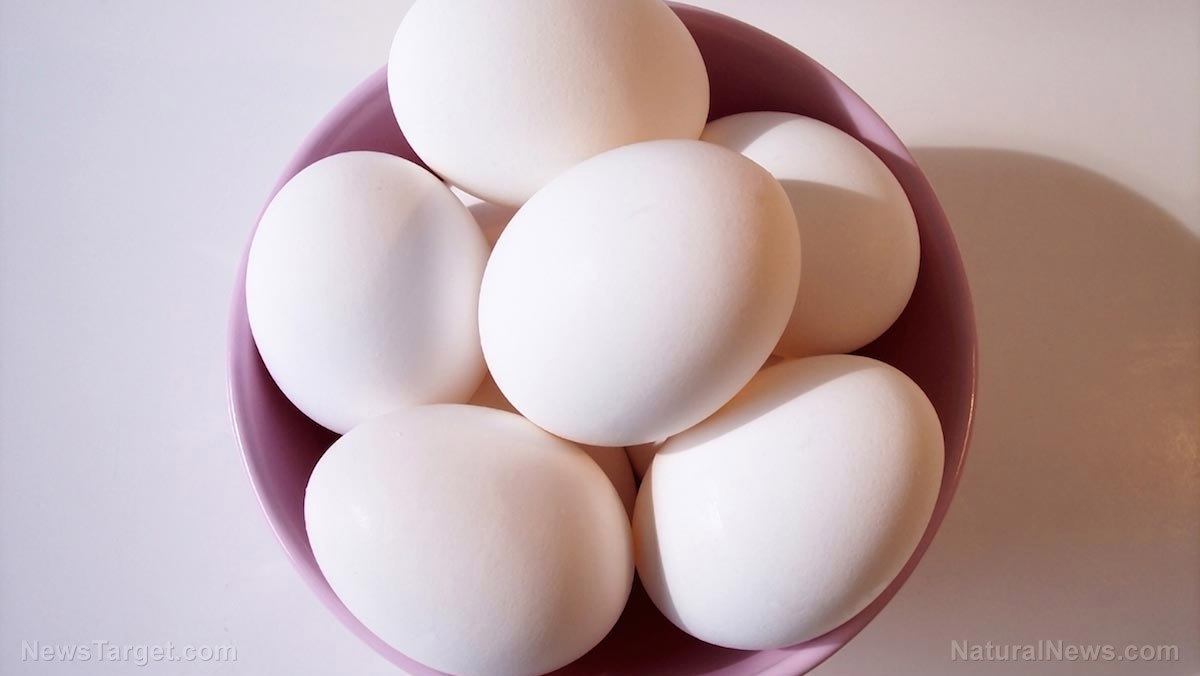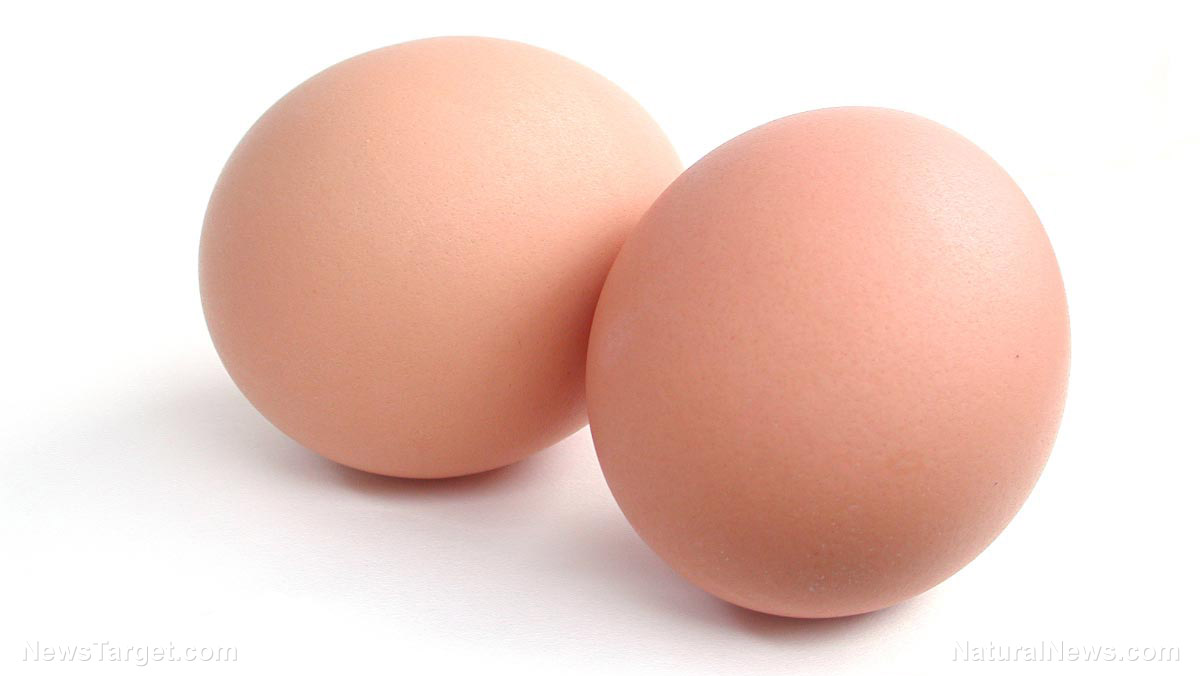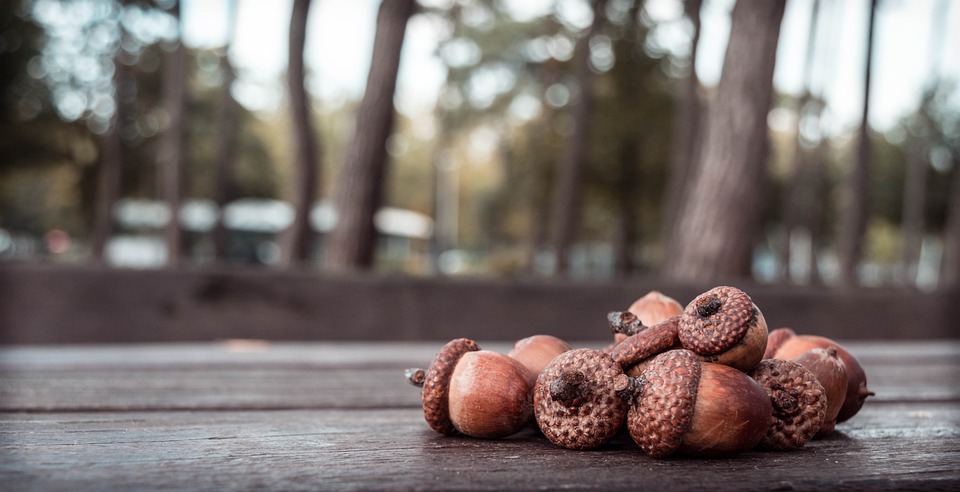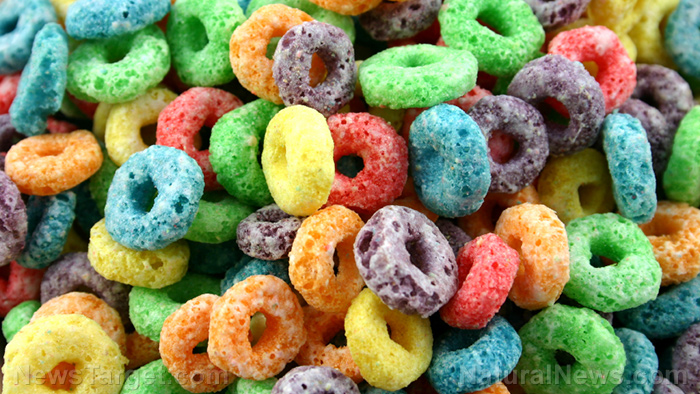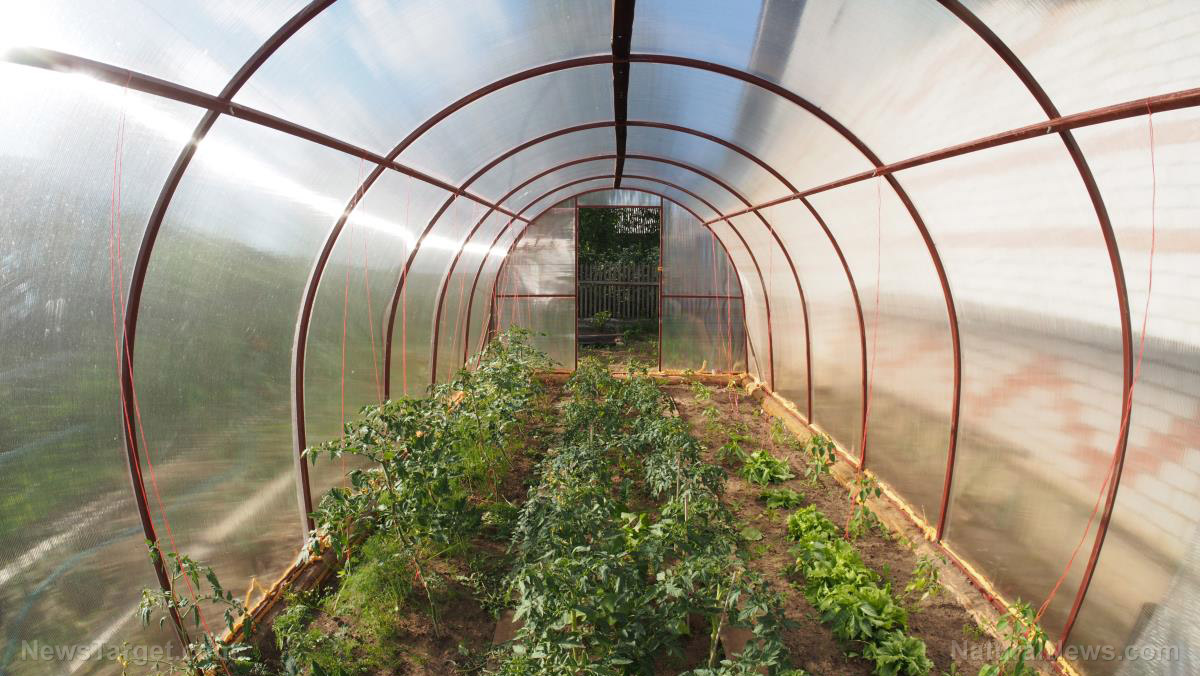How ditching modern cooling can save the planet and transform your health
02/14/2025 / By Jacob Thomas
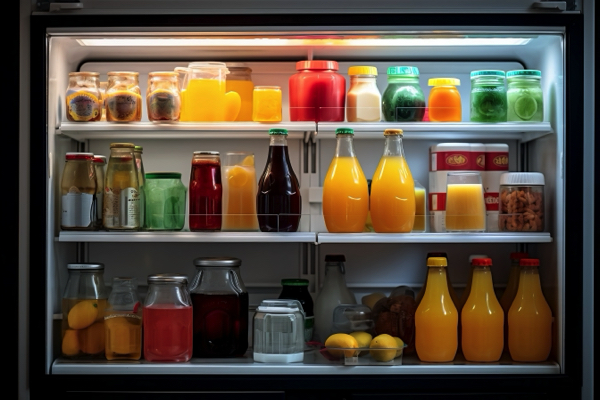
- Woniya Thibeault shares her decade-long experience of living without refrigeration and how it can lead to a healthier, more sustainable lifestyle.
- Thibeault highlights the significant environmental costs associated with refrigerators, including their high energy consumption and reliance on harmful chemicals like freon and hydro-fluorocarbons.
- Thibeault argues that refrigerators may encourage food waste and can sometimes degrade food quality by drying out vegetables and causing them to wilt faster.
- Thibeault emphasizes the use of ancestral techniques like fermentation, drying and root cellaring to store food without refrigeration.
- Living without refrigeration fosters a deeper connection to food, promotes healthier eating habits, and can lead to greater independence and freedom from modern conveniences.
Woniya Thibeault’s decade-long experiment of living without refrigeration challenges everything you think you know about food safety, environmental impact and modern living.
In the sixth episode of “Off Grid Survival Skills” by Marjory Wildcraft, streamed on Feb. 6 at Brighteon University, Thibeault, an educator, homesteader and ancestral skills enthusiast, shared her insights on how abandoning the fridge can lead to a healthier, more sustainable lifestyle — and why it might be the key to combating climate change.
For over 10 years, Thibeault has lived off-grid without refrigeration, a lifestyle she describes as not only possible but profoundly rewarding. “In modern-day America, where so many of our lives are filled with electronics and gadgets supposed to make life easier, it’s hard for most of us to imagine living without something as supposedly basic as refrigeration,” she said. Yet, she argues, this reliance on refrigeration is a relatively recent phenomenon — one that comes with significant environmental and health costs.
Refrigerators are among the largest energy consumers in most households, accounting for up to one-fifth of total power consumption. “Even with ENERGY STAR models, their energy use is still significant,” Thibeault explained. “And all that energy has to come from somewhere — mostly coal-burning power plants, which pump carbon dioxide and other pollutants into the atmosphere.” Beyond energy use, refrigerators also rely on harmful chemicals like Freon and hydro-fluorocarbons, which contribute to global warming and pose health risks.
One of the most surprising revelations from Thibeault’s experience is that refrigerators may actually encourage food waste. “I believe refrigerators encourage people to regularly buy more food than they need,” she said. “It’s like how no matter the size of your suitcase, you always end up filling it. People fill their fridges, tuck leftovers away and forget about them until they’ve gone bad.” Without a fridge, she argues, people are more mindful of what they buy and consume, leading to less waste and fresher, more nutritious meals.
Thibeault also challenges the notion that most foods require refrigeration. “Many, if not most, kinds of fruit, vegetables, bread and even some cheeses will keep for several days without refrigeration in all but the hottest and most humid climates,” she said. In fact, refrigeration can sometimes degrade food quality. “Refrigerators are very drying and can suck the moisture out of veggies, resulting in them wilting and losing flavor and nutrition faster than they otherwise would have.”
Eating seasonally is the number one lifestyle change
Thibeault’s approach to food storage draws heavily on ancestral techniques, such as fermentation, drying and root cellaring. “A lot of the foods we base our diets on today were actually created specifically for long-term storage in times before refrigeration was available,” she noted. Pickles, sauerkraut and fermented vegetables are prime examples, as are cheeses, yogurt and kefir, which were originally developed as storage forms of milk.
She also emphasizes the importance of eating seasonally and locally. “Eating seasonally is the number one lifestyle change that goes along with letting go of refrigeration,” she said. “Most of us are so used to seeing the same vegetables in the produce aisle year-round that it doesn’t occur to us that having them in winter means they come from halfway around the world.” By growing or gathering your own food, you can enjoy fresh, nutrient-rich produce without the need for refrigeration.
Beyond environmental benefits, Thibeault believes that living without refrigeration fosters a deeper connection to food and a healthier lifestyle. “The shifts in lifestyle that should ideally accompany going without refrigeration are ones that also lead to greater health,” she said. “Being more mindful of your food and consumption habits, eating seasonally and locally, and eating the freshest and most nourishing food possible are all part of this.”
She also highlights the sense of freedom and independence that comes with reducing reliance on modern conveniences. “On my land, we make a small amount of power from solar and hydro. It’s not enough to run major appliances, but it’s plenty for a bit of light in the evenings and to run a radio or computer occasionally,” she shared. “I love the knowledge that the power, while a nice luxury, isn’t necessary for my daily function.”
Ultimately, Thibeault’s message is one of empowerment and reconnection. “In this modern world, so many of us are so separated from the natural world around us,” she said. “Learning how to eat well and with less dependency on refrigeration is a big step in the right direction.”
For those inspired to explore this lifestyle further, Thibeault is currently working on a book, “Buckskin Revolution,” which delves into making clothing from home-tanned buckskin, and plans to follow it with a book on living without refrigeration. Her work is a testament to the power of ancestral wisdom and the potential for a more sustainable, healthful future.
If you want to learn more about the essential skills Wildcraft has gathered for you, purchase your copy of the “Off Grid Survival Skills” bundle here. You will get a copy of the videos from all 10 episodes, 29 life-saving video bonuses, 21 exclusive eBooks and and a physical copy of Wildcraft’s “The Grow Book System,” which will be delivered directly at your doorstep.
Sources include:
Submit a correction >>
Tagged Under:
Brighteon University, emergency food, food drying, food freedom, Food Preservation, Food storage, food supply, green living, homesteading, Marjory Wildcraft, off grid, preparedness, prepper, prepping, refrigeration, survival, survival skills, tips, Woniya Thibeault
This article may contain statements that reflect the opinion of the author
RECENT NEWS & ARTICLES
COPYRIGHT © 2017 FOOD SUPPLY NEWS




